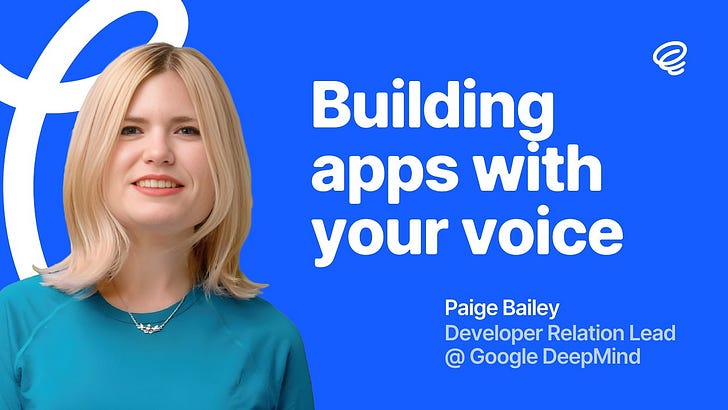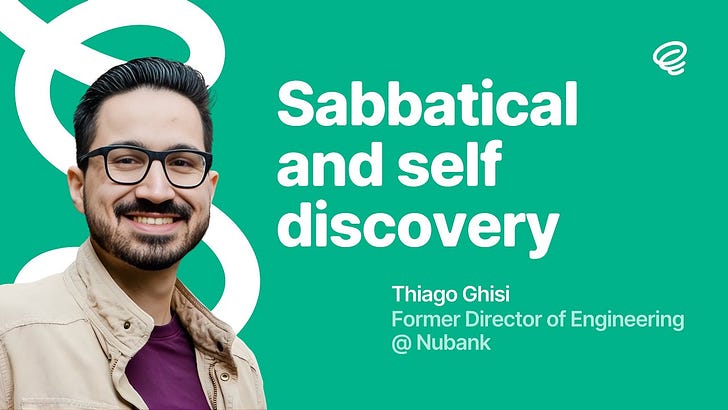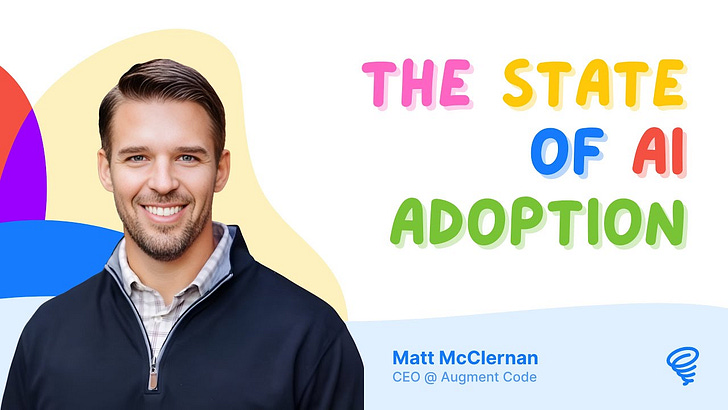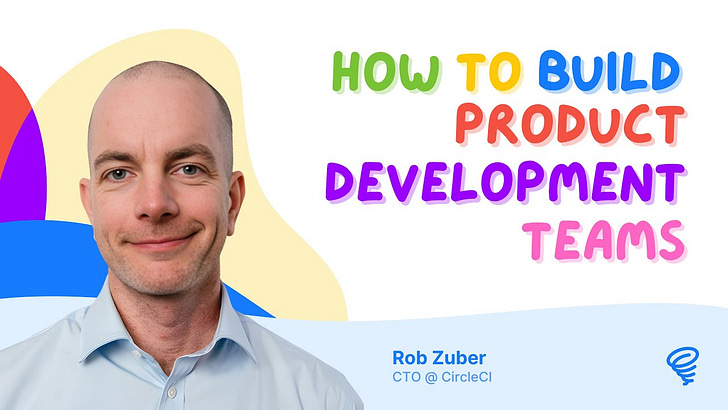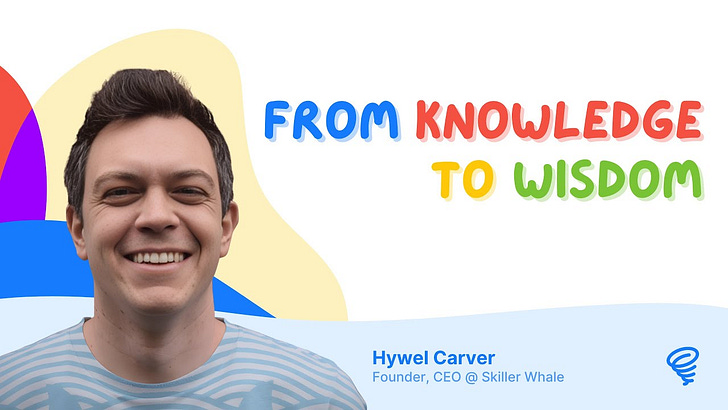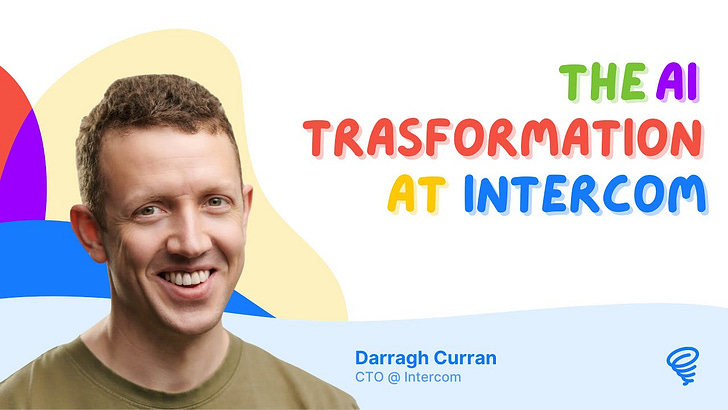Today's guest is Kevin Smith, who is co-founder of Snipd, one of the world's most popular podcast apps.
With Kevin, we talked about:
His journey in tech, starting with quantitative finance and then running an AI team in a high-growth startup up to actually founding one with Snipd.
Then we got into Snipd itself and what are the technical challenges of working with AI models all the time.
And finally, we discussed the future of learning, what are Kevin's favorite podcasts, what makes them good, and how AI enables personalized learning at scale.
This episode is brought to you by Swarmia! The engineering intelligence platform that serves some of the best software companies in the world.
You can get 20% off by booking a demo at swarmia.com/refactoring!
🎙️ Episode
You can watch the full episode on Youtube:
Or listen to it on Spotify, Apple, Overcast, or your podcast app of choice.
🥇 Interview Summary
If you are a 🔒 paid subscriber 🔒 you will find my own summary of the interview below.
It’s the 10-minute, handcrafted takeaways of what we talked about, with timestamps to the relevant video moments, for those who don’t have time to sit through the 1-hour chat.
Here is the agenda for today:
🎓 Kevin's Journey from Finance to AI (01:54)
🚀 From Hackathon to Startup Success (12:17)
⚙️ Technical Challenges of AI-Powered Products (21:25)
🧠 AI's Impact on Development Teams (31:49)
📚 The Future of AI-Powered Learning (38:14)
Let's dive in 👇
1) 🎓 Kevin's Journey from Finance to AI (01:54)
Kevin’s path into tech began with a background in quantitative finance, where he built mathematical models for understanding stock markets and financial derivatives. However, what truly captivated him was the intersection of mathematics and data.
"What I always loved doing there was the mathematical modeling. Working with data and having math understand what the data was saying and give me something usable."
In 2014, Kevin was introduced to machine learning by a friend (who would later become his co-founder at Snipd). This discovery was transformative because machine learning represented exactly what he enjoyed most about his finance work: applying mathematics to data to create intelligent systems.
The timing was significant - this was well before the AI boom that would come with ChatGPT. Kevin noted that while the November 2022 ChatGPT moment caught everyone off guard, foundational progress had been building steadily since 2012's AlexNet breakthrough in deep learning.
Kevin's transition from finance to tech involved joining an early-stage startup where he built the AI team from scratch, providing him with invaluable entrepreneurial experience that would later inform his approach to founding Snipd.
2) 🚀 From Hackathon to Startup Success (12:17)
The origin story of Snipd began with Kevin and his co-founder Bradley Nantes regularly meeting to discuss startup ideas. Their breakthrough came when they decided to participate in Europe's largest hackathon in Zurich to test their concept of applying AI to audio content.
Their hackathon project was ambitious: a natural language search engine for podcasts. Their demo was memorable - they searched for "smoking weed" in a Joe Rogan episode featuring Elon Musk, and their system instantly found and played the exact moment.
"We were on stage and we were just typing to our search engine, smoking weed or something like that. And it would find the exact moment and we would play it... there he was like smoking the joint."
Not only did they win the hackathon, but the real validation came afterward when multiple participants approached them asking them to use the technology for their own podcast-related problems. This organic interest from strangers convinced them they had identified a real market need.
Kevin emphasizes that joining early-stage startups before founding your own company is invaluable - it provides learning opportunities, potential funding connections, and real-world entrepreneurial experience.
3) ⚙️ Technical Challenges of AI-Powered Products (21:25)
Kevin approaches AI development with a crucial mindset shift: viewing AI models as a collection of interns rather than deterministic code. This analogy helps navigate the inherent randomness and unpredictability of AI systems.





